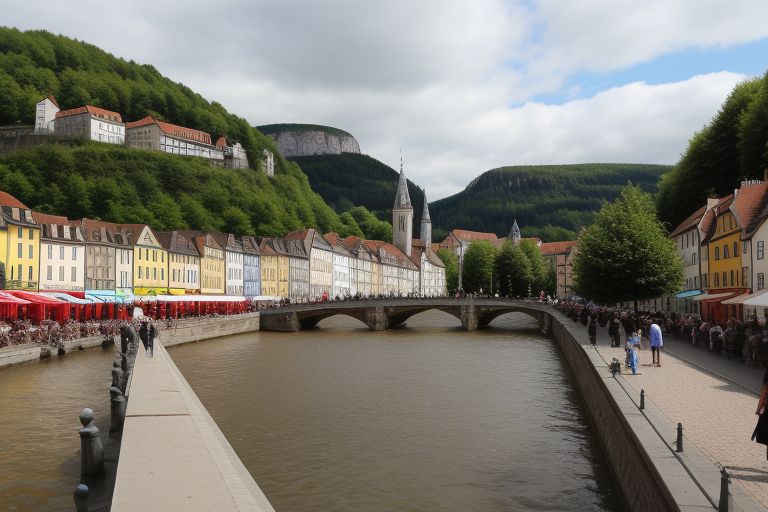The Italian coalition government led by Prime Minister Giorgia Meloni faces increasing pressure in the form of an increase in migrant arrival, which overwhelms the island of Lampedusa, rule the immigration policy and debate on the solidarity of the European Union.
According to the Italian Interior Ministry, more than 3,000 migrants landed on the small island this week, running away from conflict and poverty in North Africa and Middle East. The reception center of Lampedusa is designed for 400 people, having a habitat of about 2,500, with local authorities to provide food, water and shelter. “We’re at a braking point,” said Mayor Salvatore Martello.
The images of crowded boats and tired families have dominated the Italian media, indicating both sympathy and resentment. Meloni, whose Italian party’s brother came to power on an anti -immigration platform, vowed to curb hard border control and arrival through deals with the original countries.
Today, he announced a € 200 million aid package for Tunisia, so that he to prevent his costguard and departure. “Italy may not be a refugee camp in Europe,” he said at a television address.
Nevertheless, the crisis has exposed cracks in his alliance. League leader Deputy Prime Minister Mateo Salvini called for the Navy blockade, a proposal that was rejected by the Central Partners as inhuman and impractical.
Meanwhile, human groups such as Médecins Sans Sans Frontières accused the government of neglecting the rescue obligations under the international law. Laura Belini, director of Italy of MSF, said, “People are dying in the sea, while politicians argue.” There are more complex cases in the European Union’s response.
A 2024 migration Treaty, which means to distribute asylum seekers in member states, refused to accept quota with Hungary and Poland. France and Germany express their own boundaries, expressing solidarity.
Public opinion in Italy is deeply divided. In Milan, volunteers have organized clothes drives for migrants, but in rural areas, distant groups have staged protests. The RAI pole found that 55% of the Italians believe that the government is reducing the crisis, although only 30% supports open boundaries.
Luca Bianchi, a shopkeeper in Palermo, said, “It is not about hating migrants.” “It’s about what we can face.” There are also economic implications of crisis. The tourism sector of Italy, is important for the economy of Lampedusa, is afraid of cancellation of negative headlines.
In contrast, some analysts argue that migration may address the lack of labor in agriculture and construction, dependent on foreign workers. As a winter approach, the situation is unlikely to be ease. Climate change, driving drought and food insecurity in sub-Sahara Africa, more people are expected to push more people north.
For Meloni, balanced her hardcore base with human realities would be a defined test. For the European Union, the crisis outlines the range of unity in front of global challenges.
